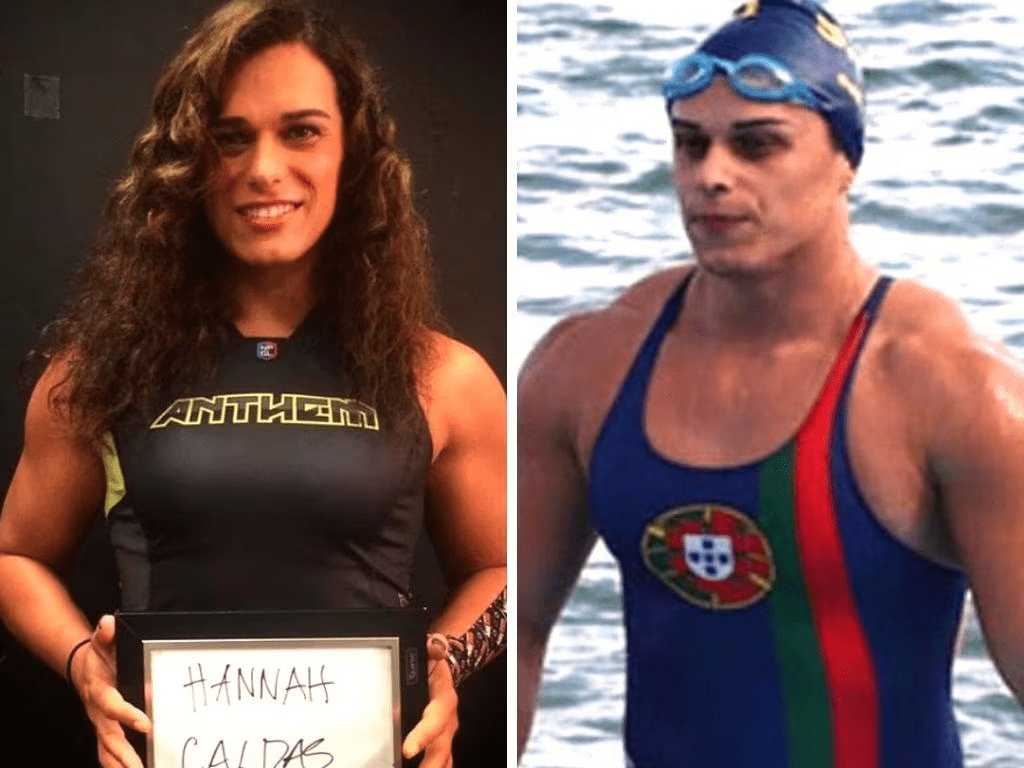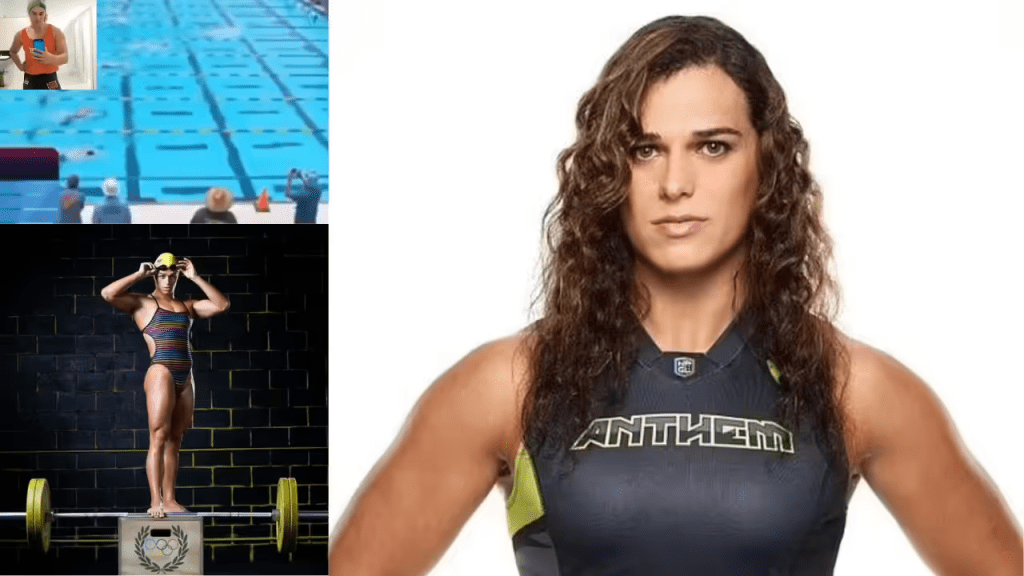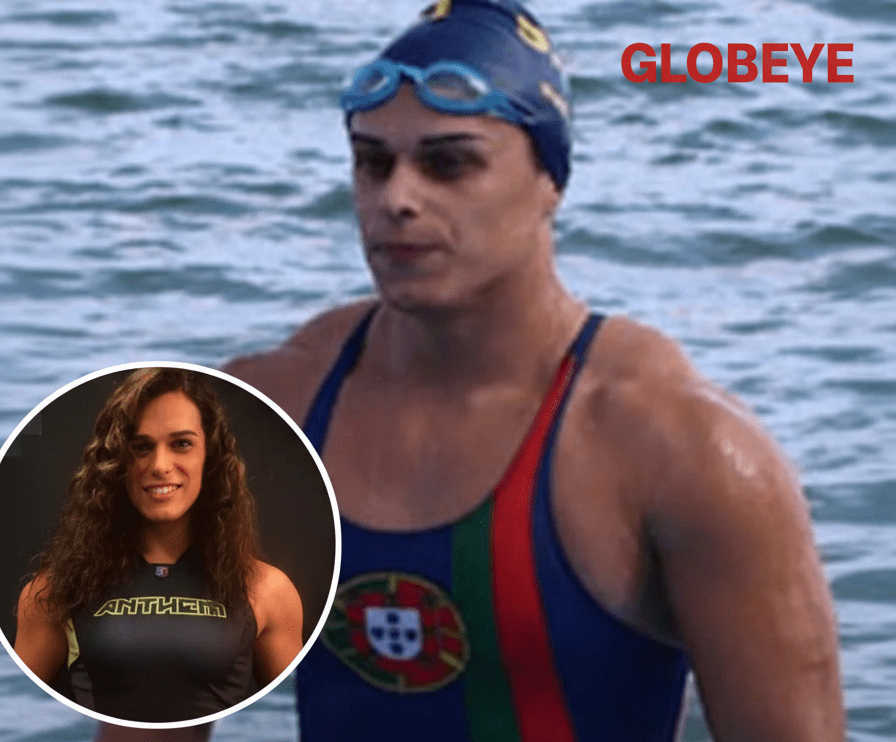World Aquatics Bans Transgender Swimmer Ana Caldas for Five Years After Refusing Gender Verification Test — Strips All Wins Since 2022
In a decision shaking the world of competitive swimming, World Aquatics has issued a five-year ban against transgender swimmer Ana Caldas after she allegedly refused to undergo a gender verification test. The ruling, confirmed this week, also strips Caldas of all her competitive results between June 2022 and October 2024, effectively erasing two years of achievements from international record books.

Caldas, who represented Portugal in multiple global meets, claims the decision was unjust and rooted in bureaucratic overreach. She insists she did not refuse the test out of defiance, but because the cost of medical procedures required for compliance exceeded what her insurance would cover. “This was never about hiding anything,” Caldas said in a recent statement. “It was about financial barriers. I’ve always competed fairly.”
However, World Aquatics pushed back, citing official protocol violations and the athlete’s failure to comply with repeated requests for verification under the organization’s updated gender eligibility framework. The policy, introduced in 2022 amid intense debate, requires transgender women to meet specific medical criteria to compete in women’s events, including hormone thresholds and documented transition timelines verified through testing.

Officials stated that Caldas had been notified multiple times and granted extensions before the ruling was finalized. “The regulations apply equally to all athletes,” a spokesperson said. “Refusal or failure to comply, regardless of reasoning, constitutes a breach of eligibility requirements.”
The news has ignited yet another storm in the ongoing global debate about transgender participation in sports. Supporters of World Aquatics’ decision say it reaffirms the organization’s commitment to fairness and transparency in women’s competition. Critics, however, argue that the ruling sets a concerning precedent — one that may punish athletes for economic or bureaucratic reasons rather than intent to deceive.

This case isn’t isolated. Sports governing bodies around the world have faced similar controversies since 2022, when tighter regulations were adopted following growing pushback from biological female competitors and coaches. Advocates for stricter enforcement say these policies protect the integrity of women’s sports, while trans rights groups view them as exclusionary barriers that fail to recognize the complexity of individual medical histories.
For Caldas, the impact is both professional and personal. The ban not only sidelines her from all sanctioned events until 2030 but also voids any future qualification opportunities for Olympic trials. Several of her past medals and records will also be officially vacated. “It feels like my career was erased overnight,” she said, adding that she plans to appeal the decision to the Court of Arbitration for Sport (CAS).

As the sports world watches closely, World Aquatics has reaffirmed its commitment to enforcing its eligibility rules strictly. Meanwhile, athletes on both sides of the debate are voicing their perspectives online. Some former competitors have called the decision “long overdue,” claiming the organization should have enforced these standards earlier. Others say it’s another sign of how sports institutions are struggling to balance inclusion with competitive integrity in an increasingly polarized era.
For now, Ana Caldas remains defiant and determined to return to the pool — even if it means fighting for years to clear her name. “I’ll keep training, I’ll keep speaking up, and I’ll be back,” she said.



